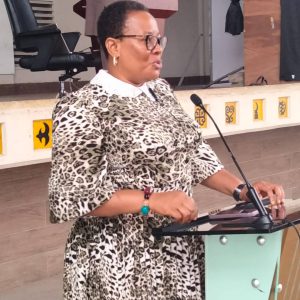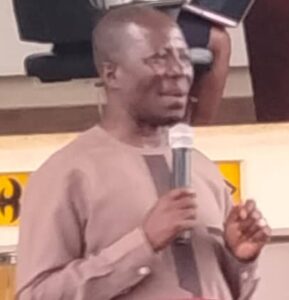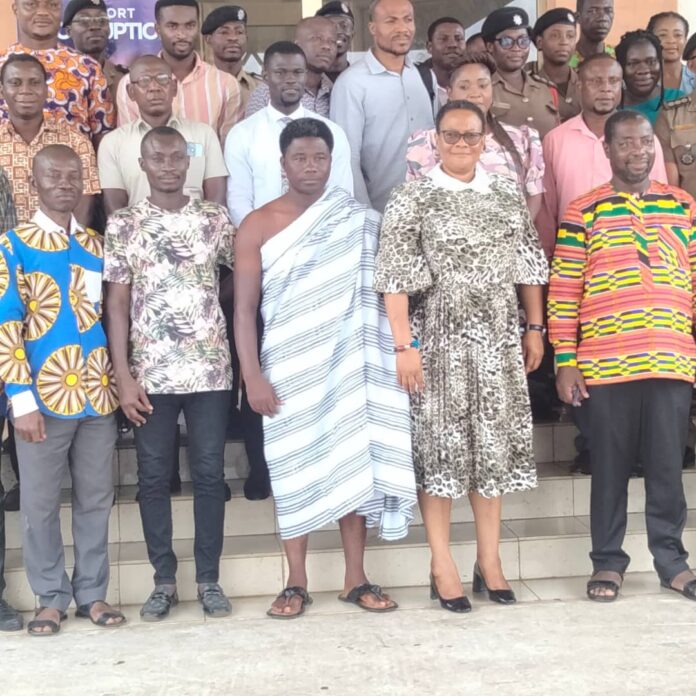The Ghana Integrity Initiative (GII), the Local Chapter of Transparency International (TI), in collaboration with the Land Use and Spatial Planning Authority (LUPSA), has organised an orientation workshop for the Spatial Planning Committee (SPC) and Technical Sub Committee (TSC) members of some Metropolitan, Municipal and District Assemblies (MMDAs) at the Prempeh Assembly Hall in Kumasi.

The orientation workshop enhanced the knowledge, skills and competencies of SPC and TSC members in their respective spatial planning roles within the Greater Kumasi area, and also provided the participants with a clear understanding of the significance and scope of land use and spatial planning services.
The Land Use and Spatial Planning Act 2016(Act 924) and the Legislative Instrument (LI) 2384 mandate the SPCs and the TSCs to promote openness, accountability and ethical standards that enabled an effective and efficient implementation of the land use and spatial planning mandates at the MMDAs.
The SPC is therefore a Committee of a District Assembly constituted in accordance with Section 37 of the Act 925 to perform the functions of preparation of district and local plans and approve development and building permits and functions spelt out under the Act and the Regulations.
The Technical Sub-Committee on the other hand is a Sub Committee of the SPC which is also constituted in accordance with Section 39 to perform the functions spelt out under this Act and in the Regulations including the preparations of district and local plans and approve development and building permits.
Mrs. Mary Awelana Addah, Executive Director of GII, in welcome remark, stated that urbanisation was a force of change; a catalyst for economic growth and societal development, but could also be a crippling force that stifles progress and exacerbates inequalities when marred by corruption and mismanagement.

She explained that sound land administration and spatial planning were the cornerstone of sustainable urban development, and was able to provide the framework for the provision of public services, equitable access to infrastructure, and the creation of livable cities.
The Executive Director said urban planning environments today are susceptible to corruption and illegitimate gain, and that scarcity of resources like land and housing can also breed opportunities for extortion and unethical practices which need to be tackled alongside other societal challenges, from poverty to pollution to crime.
Mr. Michael Okai, Project Coordinator at GII, and Mr. Chapman Owusu-Sekyere, Acting Deputy Chief Executive Officer of LUSPA, made PowerPoint presentations on ‘Overview of Land and Corruption in Africa II Project’ and ‘Spatial Planning Functions at the District Level in accordance with Act 925 and LI 2384 respectively.
According to Transparency International’s prediction, four out of every five individual on the planet earth will reside in urban areas by 2050 therefore urban planning must become more sustainable to provide adequate public services such as public transportation, waste management, electricity as well as space for public infrastructure, accessible public institutions like schools and hospitals, and recreational facilities such as parks, sports fields and squares.
From Thomas Agbenyegah Adzey, Kumasi










